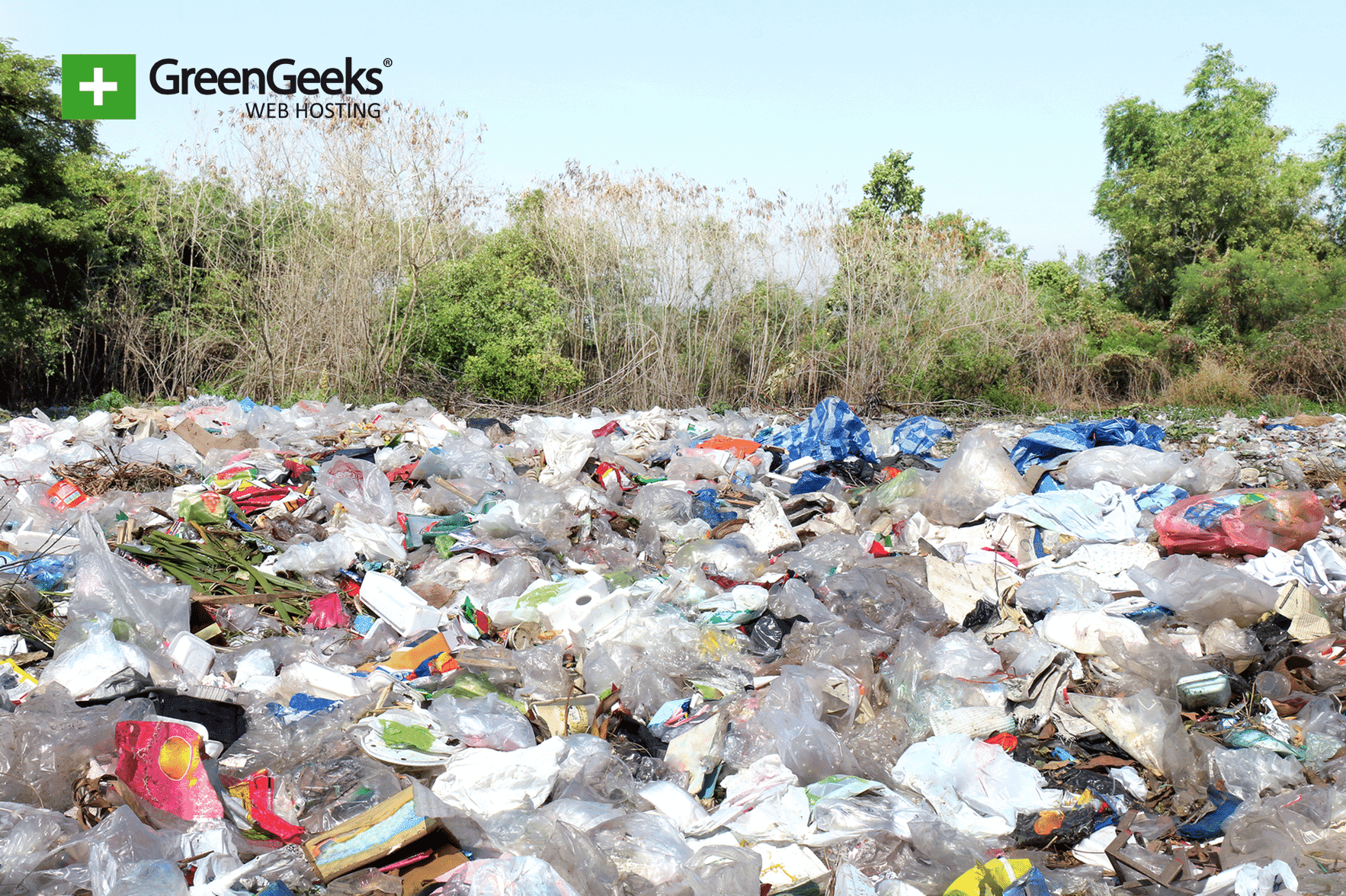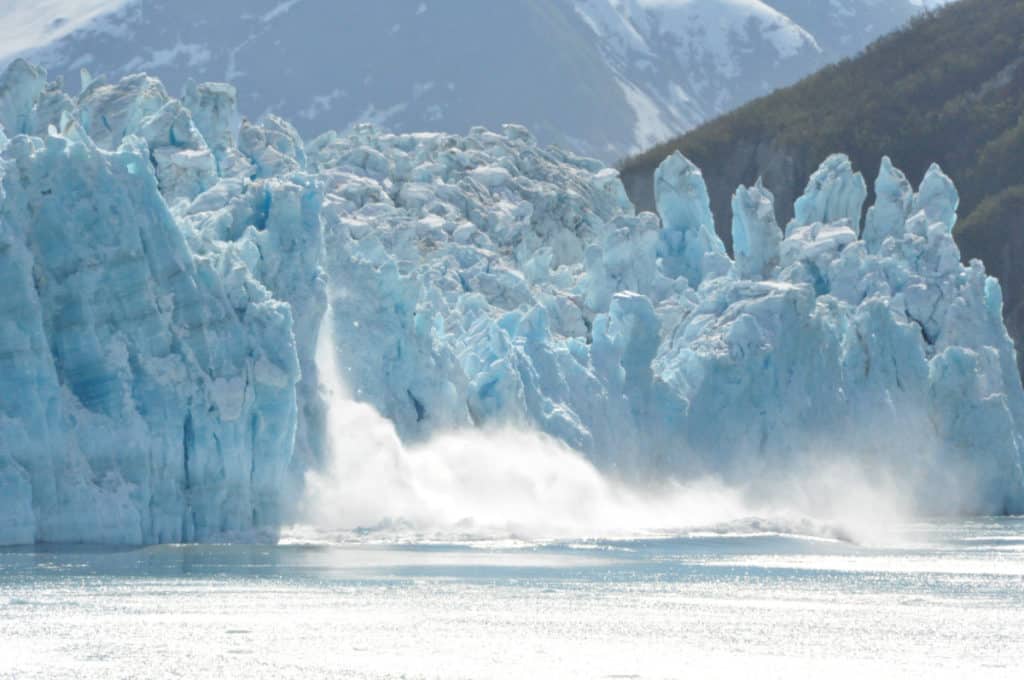
One of the largest consumer goods companies in the world, Unilever, has just announced that it is planning to halve the amount of plastic they use by 2025. Over 2.5 billion people use their products every day, which means this will be significant.
If you’ve never heard of Unilever before, you are probably not alone. They are the company that owns many popular brands like Ben & Jerry’s, Lipton, Dove, Breyer’s, Hellmann’s and many more.
To show just how big of an impact this will have, let’s look at some numbers.
In 2018, Unilever used 772,000 tons of plastic. Reducing that by half will save 386,000 tons of potential waste.
How Will Unilever Achieve This?

Obviously, this is not easy to get done. The company needs to change its packaging and distribution practices, but they have a plan.
For starters, they have joined the Loop initiative. Many other companies lincluding Pepsi have already joined. In particular, it will be selling deodorant sticks that are made from steel and can be refilled.
They also have plans to introduce more refillable goods in other product lines. In the case of cleaning products, they will have more concentrate options.
Another key aspect of the plan is to sell more “naked” products. This means the items will not have any plastic wrapping on them such as labels.
However, the largest part of the plastic reduction will come from using more recycled plastic. This will significantly reduce the amount of new plastic the company uses.
Why the Change?
It’s been a widely known fact that plastic pollution has gotten out of hand for over a decade now.
On their website, Unilever acknowledges that there is too much plastic in the world and far too much has its brand on it. And Unilever acknowledges that it should be responsible for its own plastic pollution.
In fact, by 2050, there will be more plastic in the ocean than fish.
Why Not Ditch Plastic?
Believe it or not, plastic is actually good for the environment when you consider that the alternatives all have a very large carbon footprint.
The issue with plastic is not the plastic itself, but how it is discarded and recycled. The fact that it ends up in our oceans, rivers, and streets is a prime example of our wasteful nature.
Unfortunately, since we as humans are unlikely to change this behavior, it is up to companies to reduce the amount of plastic we consume.

